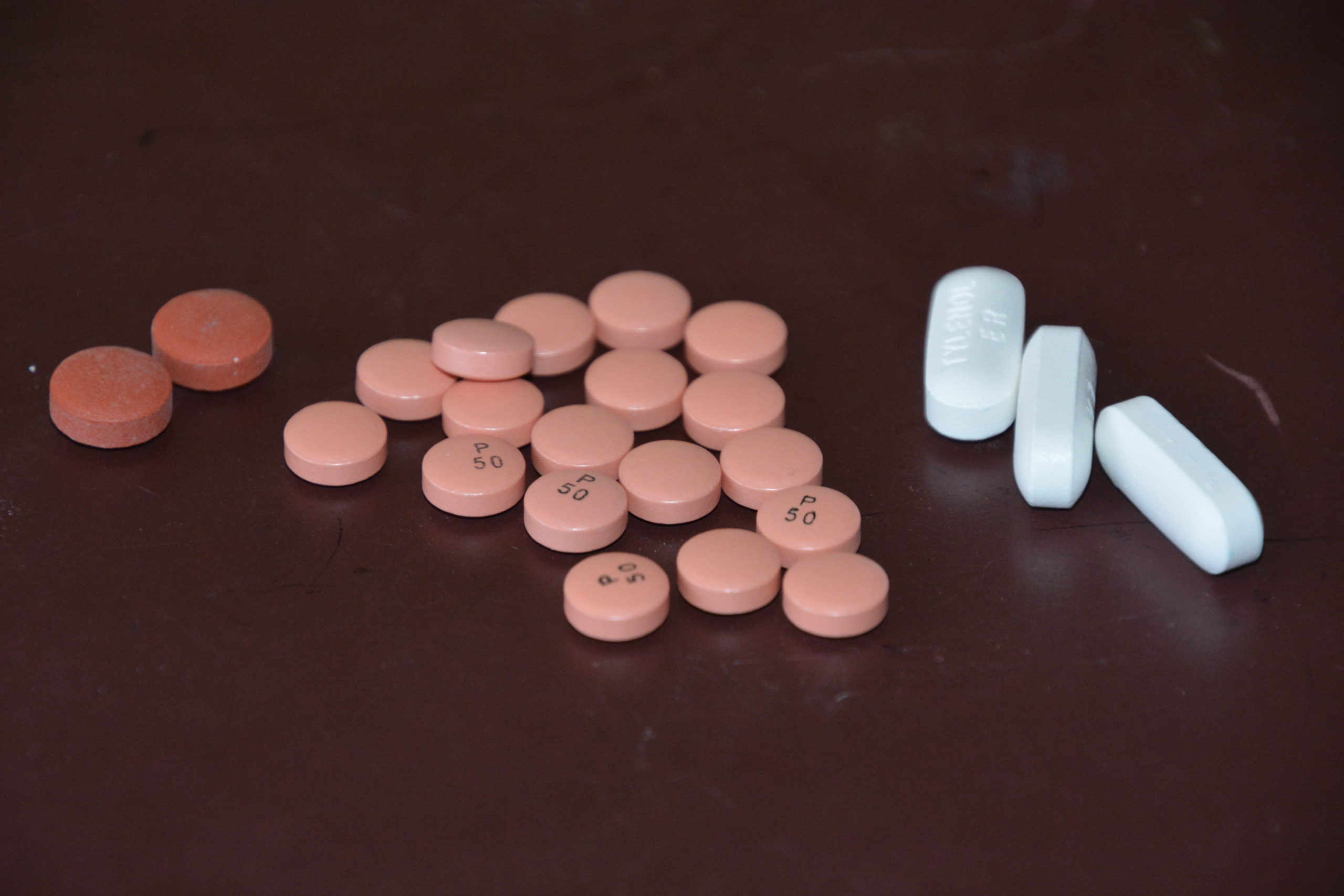A patient has his yearly prostate checkup with his urologist who draws his blood for the PSA Test.
Up to this point, the patient has had no symptoms to speak of. The results come back and the patient receives the dreaded call that his PSA results are high and that he needs to get an MRI of his prostate.
At this point, the patient immediately begins to worry and to feel prostate pain as well.
The experience of pain along with anxiety continues unabated over the next two weeks as he schedules the MRI and then waits in fear to be told the results. The nurse for the urologist finally calls the anxious patient to tell him that his MRI is normal and that he can breathe easy.
Within seconds the prostate pain disappears completely.
This is a very common occurrence in medicine and tells us all we need to know about the experience of pain.
To be human means to be anxious and to be in pain.
Almost everyone experiences minor pain on a daily basis.
In a typical study where you look at reports of symptoms over the past six months you find that 40 percent of people will have had some back pain, 17 percent abdominal pain, 12% chest pain and 12 percent facial pain. Often these symptoms disappear over time and things go back to normal.
But on occasion, if the pain is bad enough, is unusual or persistent enough the person becomes alarmed, anxious and is motivated to make a visit to his local G.P. The majority of patients believe that their pain is strictly a physiologic occurrence based substantially if not exclusively in the body.
What people often don’t realize is that the mind plays a major role in the experience of pain. The real-life example I gave at the beginning of this article demonstrates the intimate connection between pain, emotions and what we think about the cause or meaning of the pain.
Medical reassurance is why patients so often feel better when the doctor gives them the news that their symptoms are not life-threatening and are treatable.
When someone runs to the doctor with chest pain and finally receives the results from the cardiogram that all is well, the chest pain usually diminishes dramatically.
To understand how and why this happens you have to understand the Gate Control Theory of Pain.
Pain sensations are first carried via nerves from the peripheral nervous system up through the spinal cord and passing through the ‘nerve gates’ they travel up to the brain.
When these signals finally get to the brain then and only then will the patient experience the pain. This is the Gate Control Theory of Pain.
The primary question then is what causes the nerve gates to open or to close in the spinal cord.
This most obvious method for the closing of the nerve gates is based upon the medical reassurance given to the patient and that’s why a good bedside manner is so important. Going back to my brief example the patient became free of pain after the doctor gave the news that the MRI was normal.
A definitive diagnosis is often based upon clinical exam, an understanding of the patient’s history and sometimes with the use of test results. And when the patient is told that his or her pain is not serious, not life-threatening and is treatable, the nerve gates in the spinal cord close and the pain often vanishes.
Studies have shown that when a soldier undergoes a wound requiring surgery they often need far less pain medicine following the surgery then a civilian.
The explanation for this is that the soldier is told that they will be sent home and this makes them feel good and less anxious.
The civilian back at home who had a comparable wound/surgery feels more ongoing surgical pain because their circumstance following surgery may not be as good.
They may be faced with career-threatening changes and so they remain both anxious and in pain.
It is true that sometimes pain medication is needed to cope with pain and sometimes tranquilizers are needed to calm the patient’s anxiety but clearly one of the most potent medications for pain is an expert diagnosis and the medical reassurance that all is well and there is nothing to worry about.
The soothing and reassuring voice of your family doctor often has the strength of morphine or oxycodone and with far fewer side effects.
That just may be the best-kept secret in pain management.



